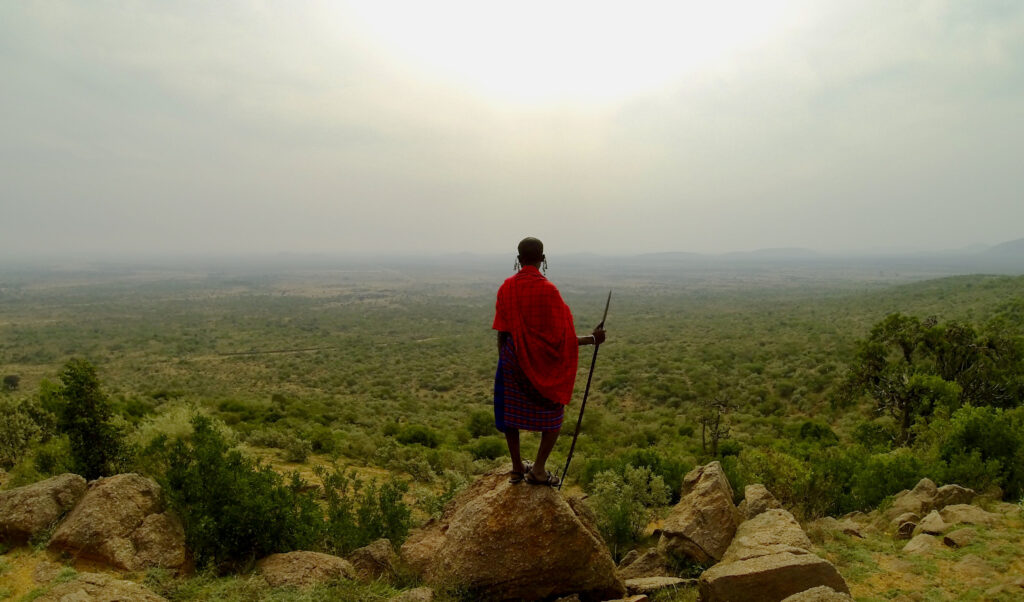Film
DevTalks: Beyond Stockholm+50
- Implementing the new human right to a clean, sustainable environment. Can this human right help accelerate action on the triple planetary crises of climate change, biodiversity loss and pollution? What are the key factors that will make it effective? Which actors have a role to play in ensuring that the right is fulfilled? These are some of the questions that was discussed at Development Talk: Beyond Stockholm+50.
Speltid: 1h 48m 50s

A vision since 1972
The right to a clean, healthy and sustainable environment was a vision firstly articulated in 1972 at the United Nations Conference on the Environment in Stockholm. 50 years later, the Stockholm+50 conference (in June 2022) called on member states and a broad set of stakeholders to generate urgent actions for a healthy planet for the prosperity of all. The conference adopted the Stockholm Agenda for Action, Renewal and Trust (SAART) including ten recommendations for accelerating progress on existing commitments on sustainable development, including to recognise and implement the right to a clean, healthy and sustainable environment.
A historic resolution
In July 2022, 161 countries voted in favour of adopting the historic resolution on the human right to a clean, healthy and sustainable environment at the UN General Assembly. The adoption clarifies our dependence on nature as a pillar for health and prosperity. It also demonstrates commitment at the highest political level to act on the triple planetary crisis as a human right.
Participants
Moderator: Anna Axelsson, Senior Policy Specialist and Coordinator for Stockholm+50, Department for Policy and Global Cooperation, Sida
Welcoming remarks
Cecilia Scharp
Assistant Director General at Sida and Director of the Department for International Organisations and Policy Support (INTEM). INTEM implements the Swedish government’s six global thematic strategies, contributes toward the agency’s subject-related knowledge and policy development and provide subject related expert support to the Swedish Government, including multilateral cooperation and coordination.
Johanna Lissinger-Peitz
Ambassodor for Stockholm+50 at the Swedish Ministry of Environment. She was previously the Lead negotiator for Sweden and EU in the UN Climate Change process, among many other roles for the Swedish Government.
Opening remarks
Claudia Ituarte-Lima
Thematic leader of the environment and human rights area at the Raoul Wallenberg Institute. She is an international public lawyer and scholar with direct experience in international law and policy-making. She has provided expert advice to the Convention on Biological Diversity Secretariat.
Joan Carling
Global Director for The Indigenous Peoples Rights International (IPRI). She is an indigenous activist from the Cordillera, Philippines with more than 20 years of working on indigenous issues from the grassroots to the international level. She was the General Secretary of the Asia Indigenous People Pact (AIPP) From 2008 to 2016.
Panel discussion
Cyprian Maundu Kitenge
Was a member of the Youth Task Force to Stockholm+50 and is also a member of the Catholic Youth Network in Environmental Sustainability in Africa. He holds a BSc in Environmental Science and is enrolled in a Masters degree in Environmental Management with The Open University UK. His passion for nature and environment pushed him and landed him into environmental actions since he was a small boy.
Lucy Mulenkei
Executive Director of Indigenous Information Network Kenya (IIN), She is a a leading national and international expert on climate justice and Indigenous Peoples' rights. She has been instrumental at the United Nations Climate Change Conferences promoting community-driven solutions to address climate change and advocating for climate change legislation to be gender-responsive. Lucy also serves as the chairperson and coordinator of the African Indigenous Women Organization (AIWO) in the East African region.
Hannah Peters
Head of Unit for Natural Resources, SwedWatch. Hannah has worked for several years in the field of international cooperation and development. She has worked closely with governments, inter-governmental organisations and non-governmental organisations. Within the business and human rights field, her focus areas have been sustaining peace, climate change and sustainable development. She has an academic background in human rights and political science.
Viveka Risberg
Program Director Sustainable Production and Consumption, AxFoundation. Viveka runs projects relating to human rights and sustainable global value chains. Her expertise in sustainable supply chain management is based on operative international experience within the private as well as the non-governmental sector.
Arthur Van Buitenen
Climate Justice Lead and EU Engagement Advisor, International Development Law Organization (IDLO). His work focuses on people centered justice: empowering climate vulnerable people to realize environmental rights, strengthening regulatory frameworks and institutional capacity for climate resilient development and improving governance of land and other natural resources. Before joining IDLO Arthur worked 14 years in the private sector, specializing in corporate responsibility, including advancing sustainable food and agriculture value chains. Prior to this he was in politics for over 10 years, working at the European Parliament and the Dutch Second Chamber of Parliament. He started his professional career at IUCN Netherlands where he was actively engaged in UNCED and the discussions leading up to the UN Convention on Biological Diversity. He studied political science and international and European environmental law at Leiden University.